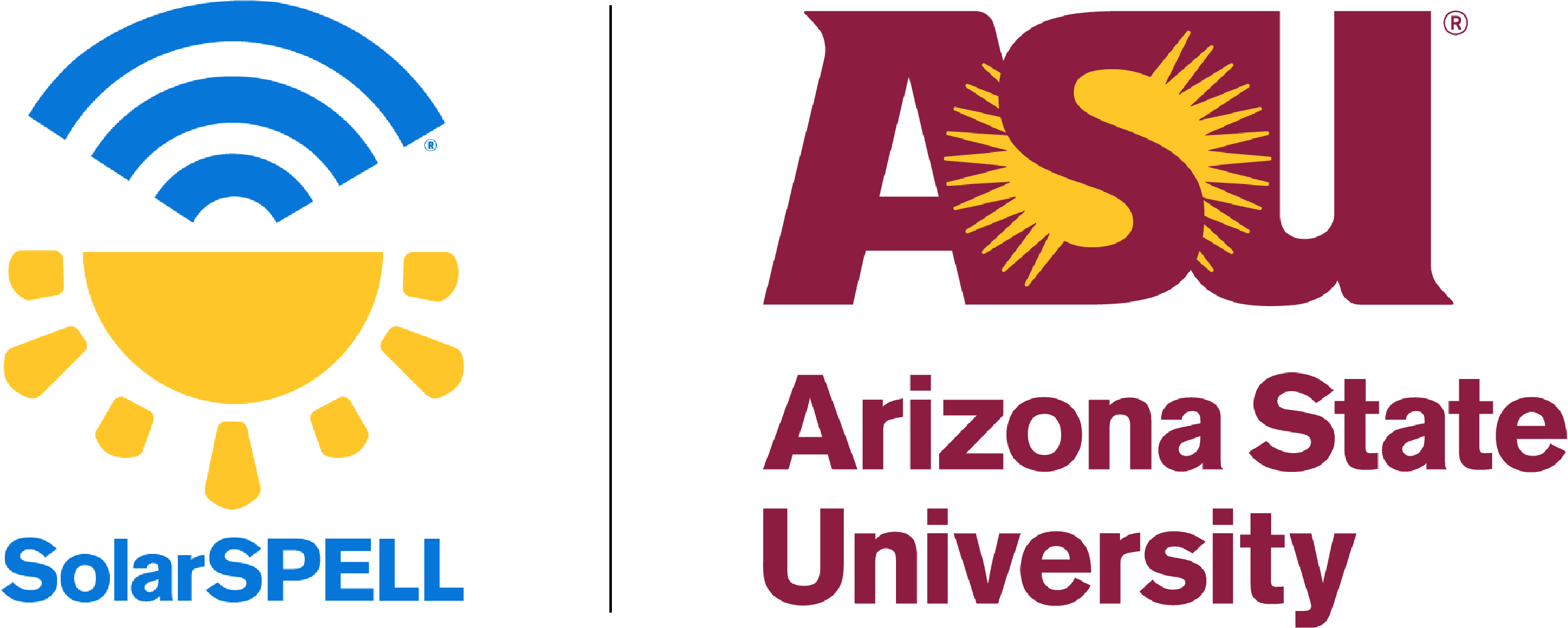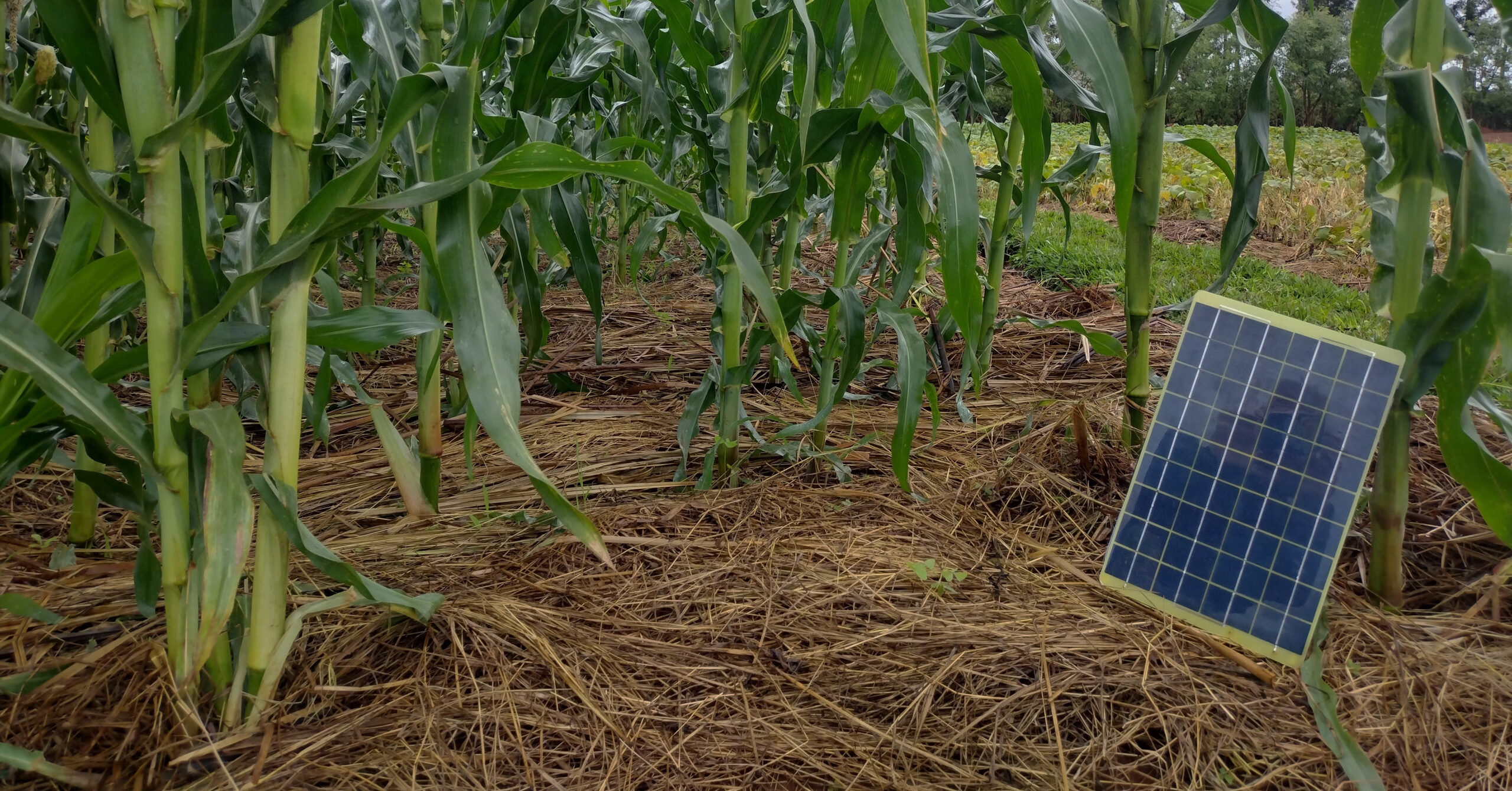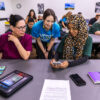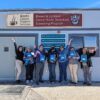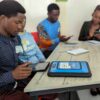We are thrilled to announce that the pilot of the SolarSPELL Agriculture Library has officially begun! Our team has just returned from Zimbabwe, where we led a training with Foundations for Farming’s Harare-based training staff.
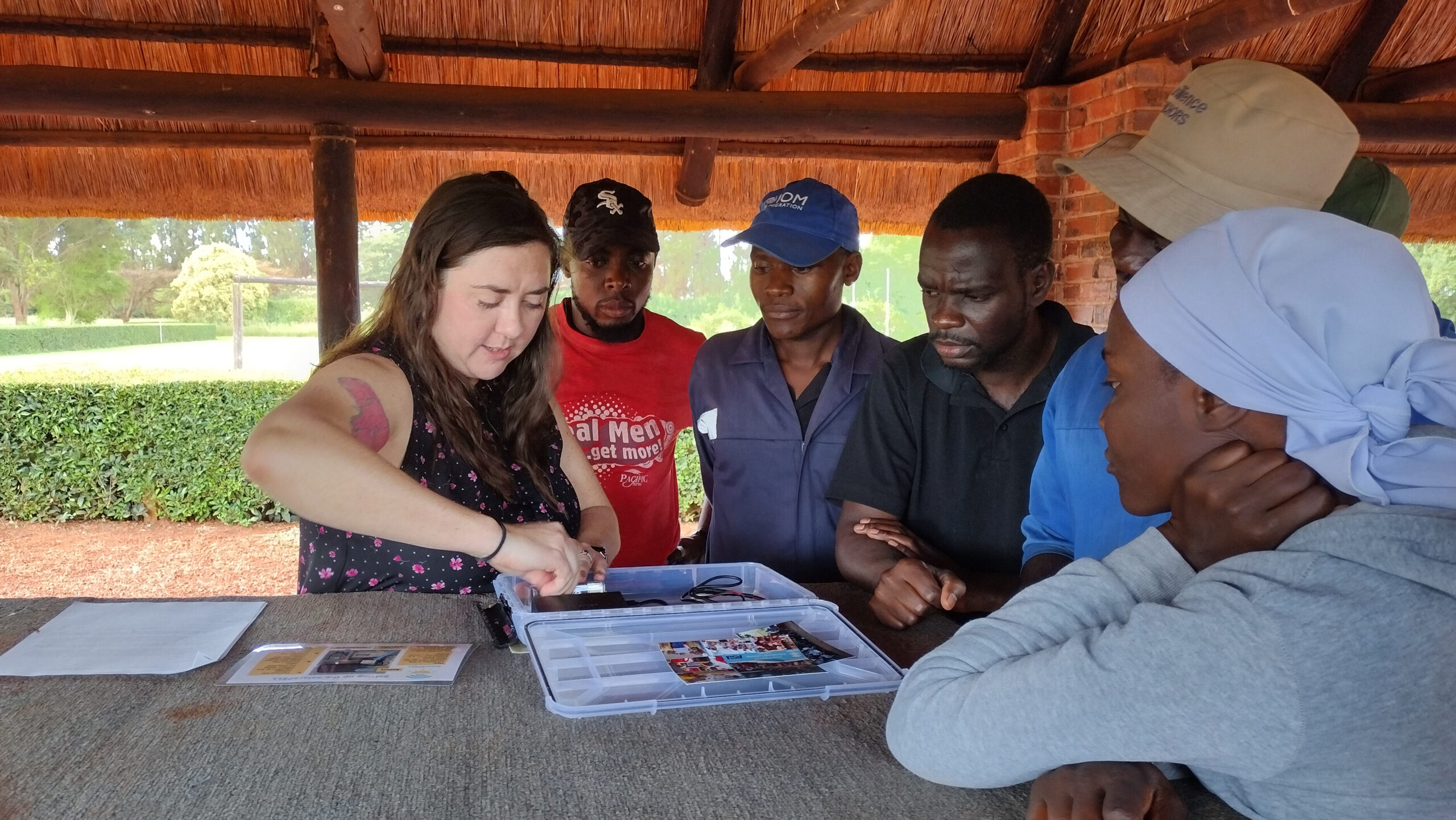
This training marked the culmination of years of hard work on the part of many contributors. The two-year process of building an Agriculture collection for the SolarSPELL offline digital library first began in spring 2021. That semester, Bruce Baikie, SolarSPELL Co-founder and Co-Director, assembled a team of students — two of whom were Returned Peace Corps Volunteers — and challenged them to start compiling resources they believed would meet information needs of agricultural extension workers across Sub-Saharan Africa.
In the meantime, Bruce was introduced to the team at Foundations for Farming (FfF), a nonprofit that teaches the principles of Conservation Agriculture and sustainability across Africa and around the world. Given SolarSPELL’s focus on sustainability and getting information out to those without internet connectivity, we were eager to learn more about the organization and to see what partnership opportunities lay waiting. Last September, Bruce traveled to Zimbabwe for a FfF training, during which he was able to speak with their team about the possibility of working together. The FfF team was excited about the new possibilities presented by the Agriculture Library and gave SolarSPELL access to their digital resources to include.
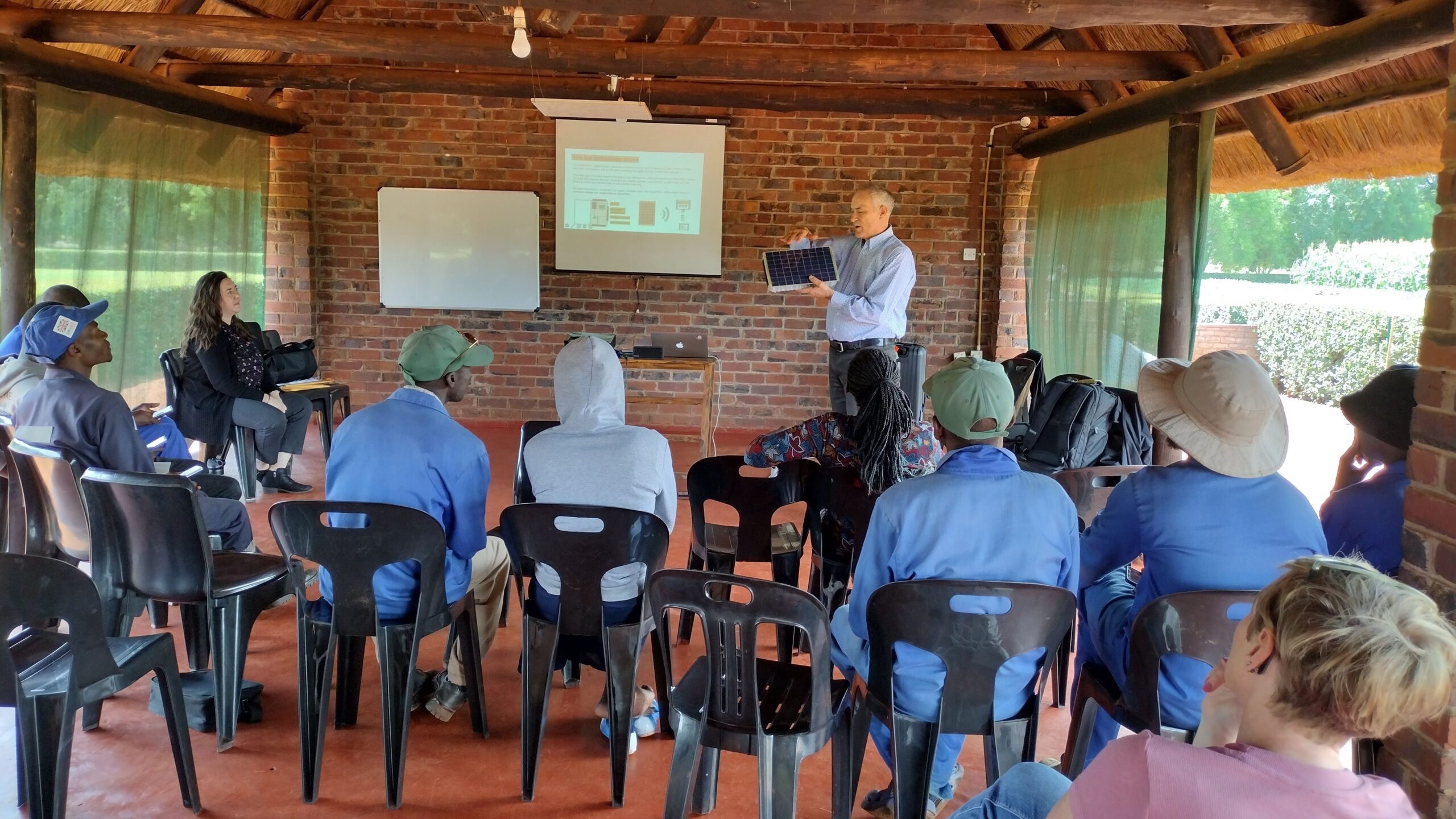
We also decided to try something new. In order to offer self-paced refresher courses for FfF’s trainees, we would use their curriculum, videos and PowerPoints to create ten interactive learning lessons for the library. These lessons would provide further informational support for those who had attended an FfF training to become Conservation Agriculture trainers.
The SolarSPELL team returned to Zimbabwe six months later to demonstrate these lessons to the FfF team and train them how to maintain and use the Agriculture Library. The training started off with a background and history of the SolarSPELL initiative, including a specific overview of the Agriculture Library’s development. It continued with a tour of the contents of the library, both general resources and modules. Then Rachel Nova, SolarSPELL’s Project Manager, walked the participants through the interactive FfF lessons, which she took the lead in creating.
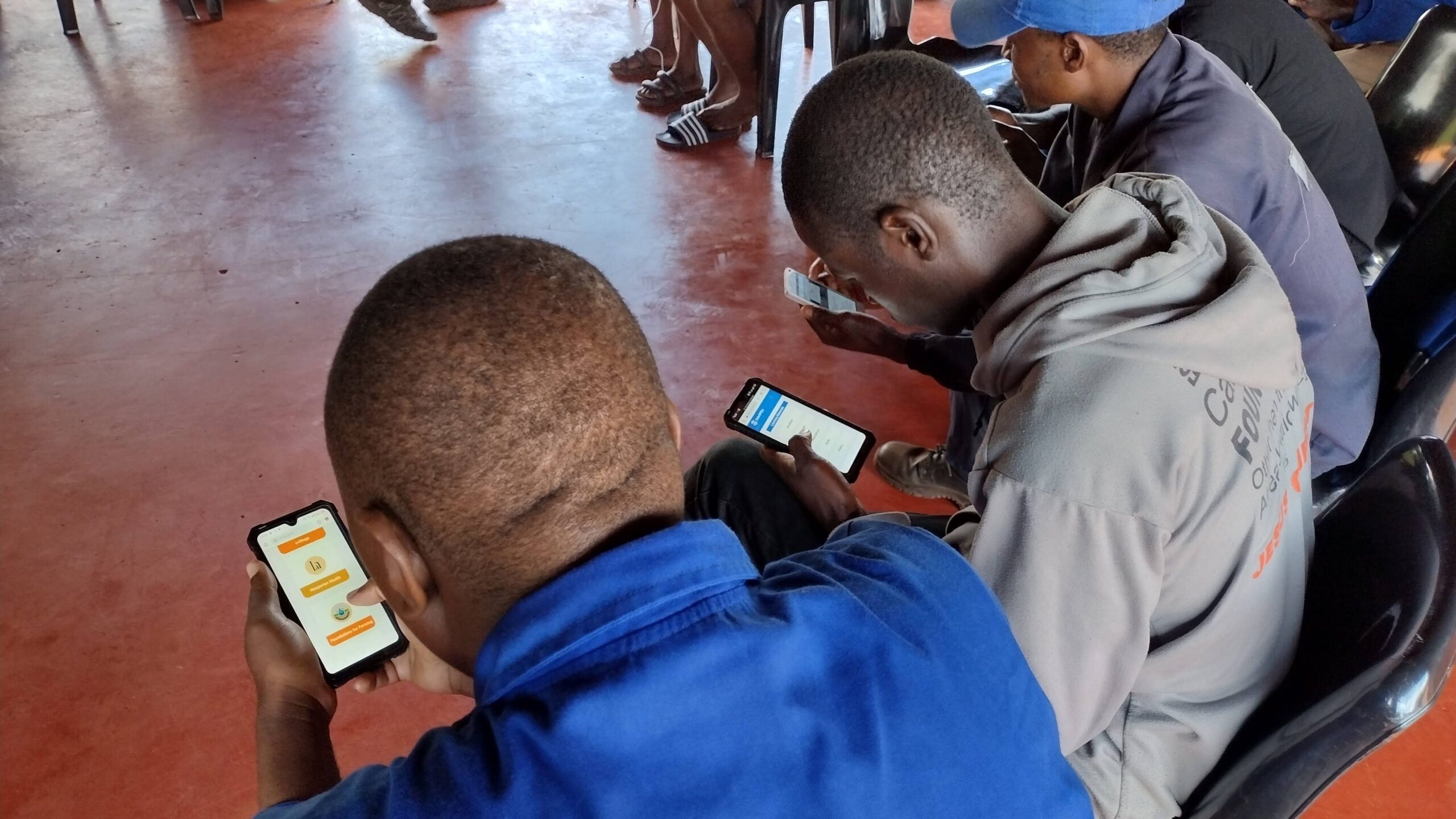
Rachel continued the training with an information literacy exercise, wherein all participants formulated their own questions, identified keywords and then searched the SolarSPELL Agriculture Library to identify relevant and useful resources to address their questions. Attendees searched for information such as how to preserve tomatoes after harvest, what conservation agriculture is, and how to grow cabbage using organic farming methods.
Additional training components included a hands-on hardware training, an overview of how the libraries are curated, and surveys for the participants to share their feedback on the training, as well as any ideas they had for resources to add to the library. As always, the training wrapped with a group photo and certificate ceremony.
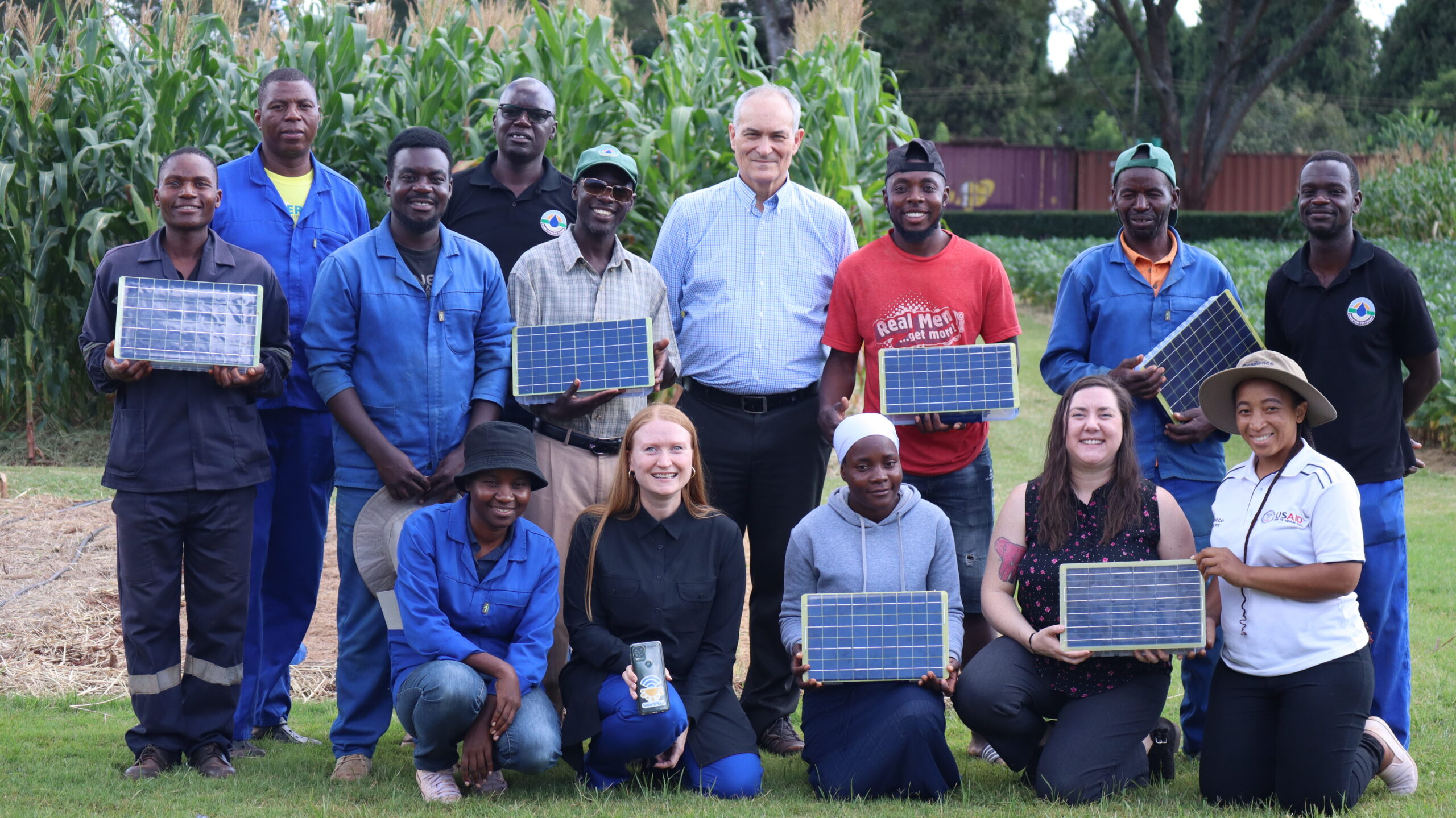
We are extremely grateful to the Foundations for Farming team for taking the time out of a very busy few weeks to participate in this library training. We look forward to this being just the beginning of a long and fruitful partnership to bring valuable, much-needed information to those who need it most.
SolarSPELL offline digital libraries are designed to bring curated, locally-relevant information, and to build information literacy skills, in locations lacking connectivity.
